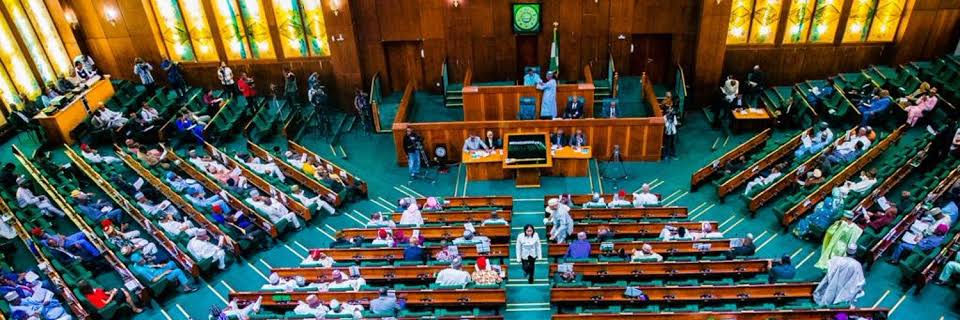…Oluyede, Shuaibu, Aneke, Abbas pledge stronger military
Isaac Samuel
The Senate on Wednesday confirmed the appointments of the new service chiefs nominated by President Bola Tinubu, following hours of screening during which the nominees outlined their strategic priorities to strengthen Nigeria’s defence architecture and enhance internal security operations.
Those confirmed include Lieutenant General Olufemi Oluyede as Chief of Defence Staff (CDS), Major General Waidi Shaibu as Chief of Army Staff (COAS), Rear Admiral Ibrahim Abbas as Chief of Naval Staff (CNS), and Air Vice Marshal S.K. Aneke as Chief of Air Staff (CAS).
The service chiefs, during their separate appearances before the Senate, pledged to pursue reforms focused on modern warfare capabilities, troop welfare, indigenous military production, and improved coordination among security agencies.
The new Chief of Defence Staff, Lieutenant General Olufemi Oluyede, called for the urgent restructuring of the Nigerian Police Force, noting that the military had been drawn into operations that ordinarily fall within the police’s constitutional duties.
“Most of the jobs being done by the army, as we speak, actually lie within the power of the police,” Oluyede told lawmakers.
He added: “It’s important for the nation to empower the police, make it stronger, make it more formidable, so that they can do their job while we concentrate on defending Nigeria against external aggression.”
He argued that a strong and well-equipped police force would allow the military to refocus on its primary role of defending Nigeria’s territorial integrity.
Oluyede also advocated the establishment of a domestic defence manufacturing industry to reduce dependence on foreign suppliers.
He warned against the dangers of misinformation and cyberwarfare, urging the government to strengthen regulation of security-related information in the digital space.
We can’t keep on buying equipment from outside; these things are extremely expensive. It’s imperative for the country to develop its own capacity to produce the required equipment to prosecute wars and checkmate challenges facing all of us.
“We are dealing with every kind of warfare, including cybercrimes, cyberwarfare, and cyberattacks, and it’s important to checkmate the kind of misinformation that’s out there,” he said.
While acknowledging improvements in the nation’s security landscape, Oluyede maintained that achieving sustainable peace would require collective effort.
The new Chief of Army Staff, Major General Waidi Shaibu, promised to transform counterterrorism operations through advanced technology, improved intelligence, and a renewed focus on soldier morale.
He said the Army would enhance its night-fighting and precision-strike capabilities, noting that most insurgent attacks occur during late-night hours.
His words: The various adversarial threats that cut across the north-west and north-east flanks of operations require a multi-faceted approach across all domains of operations,” Shaibu told senators.
“Most of the attacks in the north-east have been within the wee hours of the night.We are going to improve our night-fighting capability to counter those strikes.”
Shaibu also pledged to expand the Army’s special forces and intensify training to improve strike efficiency across mountainous, forested, and desert terrains.
On troop welfare, he described morale as a vital element of fighting power.
He promised better living and working conditions for soldiers, timely payment of entitlements, and access to healthcare and education.
The COAS further said the Army would continue to support the rehabilitation of repentant insurgents under Operation Safe Corridor in Gombe State, describing it as a “whole-of-society approach” that requires the participation of traditional and community leaders to ensure lasting peace.
On insecurity in the North-West, particularly in the troubled Lekarwana axis, Shaibu said he had personally visited operational camps and instructed special forces to address the persistent threats.
He also vowed to promote transparency and accountability in military spending. “This is a model of effective monitoring of resources to ensure that we get the best out of our available resources,” he added.
On his part, the Chief of Naval Staff, Rear Admiral Idi Abbas kicked against the proposed against the Bill seeking to establish Nigerian Coast Guard that seeks to establish the Nigerian Coast Guard to be charged with the responsibility of securing maritime zones within Nigeria.
The Nominee, who noted that the creation would amount to the duplication of agencies, said that half of such money for the creation of a guard should be given to the Navy to work.
The senate thereafter confirmed their appointment a closed-door meeting.




